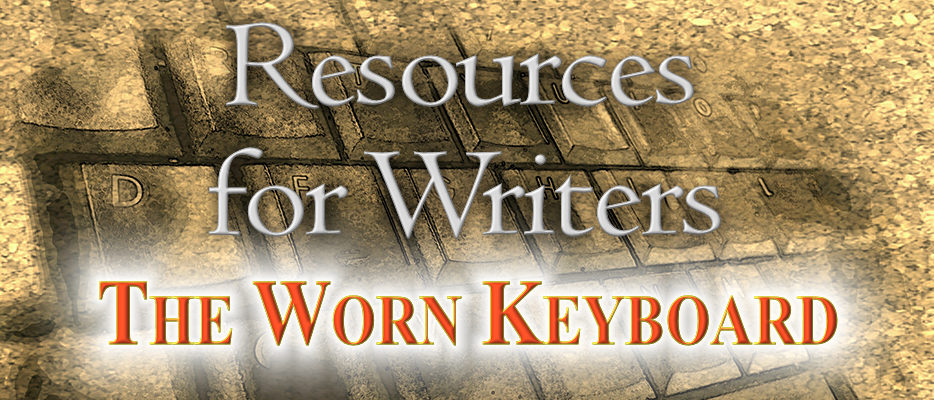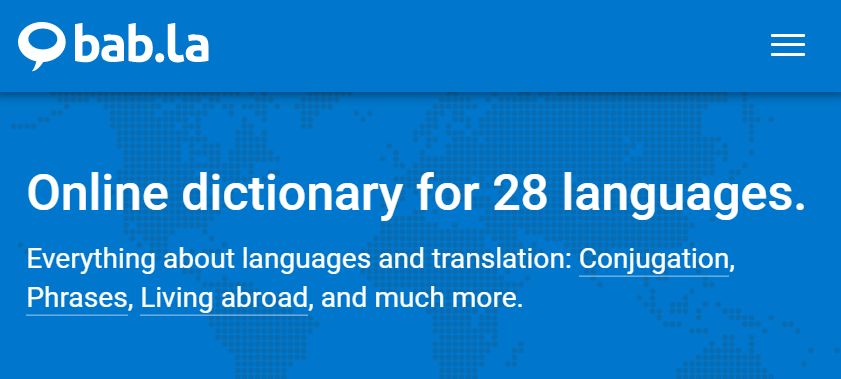
Below are links to several online resources that I have found useful in my work and my efforts to improve my own writing. Hopefully you will find them useful too. —LEH
The Chicago Manual of Style: This is one of the premier authorities on English grammar and style. All serious writers should have a hard copy of The Chicago Manual of Style in their library. The full functionality of the CMOS web site is available through subscription. But the content under their free "Browse Q&A" link covers several topics and contains quite a bit of help. See the Latest Q&A here. See the Q&A Topic List here.
Bible Gateway: There are many online resources for Christian writers when it comes to Bible references and commentary. Bible Gateway is what I use most often for Scripture references. The web site is fast, and it is easy to switch between Bible versions. While writing, I often have multiple browser tabs open to various Bible versions on Bible Gateway to make it even easier to access Scripture.
Purdue Writing Lab (The OWL): Through the Purdue OWL, Purdue University offers very helpful assistance to anyone who wants to improve his or her writing skills. When visiting the site, I suggest you click on the "General Writing" link at the top of the menu tree on the site's home page.
The OWL Extended Rules for Using Commas: Just for good measure and emphasis, I am adding this additional link to the Purdue OWL Extended Rules for Using Commas. As an editor I can easily prove this assistance is needed by a large number of writers.
Guide to Grammar & Writing: This site is absolutely full of good things for writers. The Guide to Grammar & Writing is an older site with the less-secure "http" protocol and not optimized for mobile devices, but it works, and navigating the site is very intuitive and easy. It is maintained by the Capital Community College Foundation of Hartford, Connecticut.
Paradigm Online Writing Assistant: This is a helpful site maintained by Chuck Guilford, Ph.D., who is an emeritus English professor at Boise State University. Dr. Guilford has assembled a great resource in the Paradigm Online Writing Assistant—with not only help with grammar but also many informative and instructive articles on the science of writing.
Stack Exchange English Language & Usage: For discussion on the proper use of grammar, Stack Exchange is one of the go-to sites. Writers post questions, and the users on Stack Exchange provide their views. Type a topic, issue, or words in the Search window to find what others are asking and what the Stack Exchange users have to say.
Lexico: Lexico.com is a collaboration between Dictionary.com and Oxford University Press. Lexico contains a UK English Dictionary, US English Dictionary, Thesaurus, Spanish Dictionary, English to Spanish Dictionary, English to Spanish Dictionary, and Grammar assistance for both English and Spanish.
Dictionary.com and Thesaurus.com: From time to time I consult a thesaurus and multiple dictionaries to make sure the word I use is appropriate and relays the desired emotion or shade of meaning. That said, though, I admit to using Dictionary.com more than others.
Merriam-Webster.com: Noah Webster, Jr., published his first dictionary in 1806—followed by more and larger, more comprehensive editions. After his death in 1843, the rights to his work were purchased by G & C Merriam Company. Needless to say, Merriam-Webster dictionaries have a long history and continue to rank among the great standards.
Macmillan Dictionary: Here is another dictionary site built by a well-known publisher. There are several resources on the Macmillan Dictionary site accessed by convenient web links. Here, I am providing the link to the site's blog just because I think it's interesting.
OneLook Dictionary Search: If you want to check out more references, here's definitely the place to go for help. Have some fun. Type in a word in OneLook Dictionary Search, and it will quickly return links to the word in multiple dictionaries—such as all of the above, Collins, American Heritage, and many more.
OneLook Thesaurus: The OneLook Thesaurus also has a reverse Dictionary Feature.
bab.la: This one is a little hard to describe. You simply need to experience it. Bab.la contains dictionaries for multiple languages, translation lookups, and verb conjugations (which of course is important if one is to master any language).